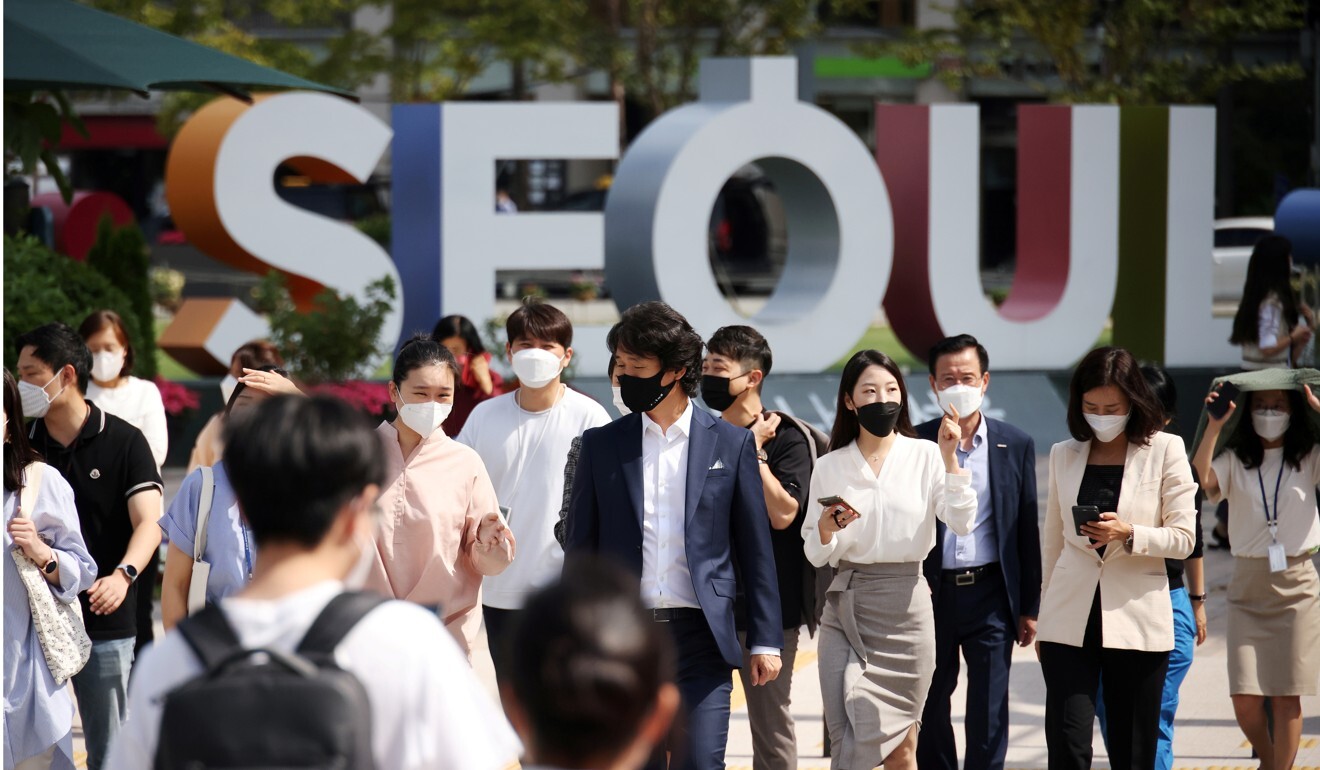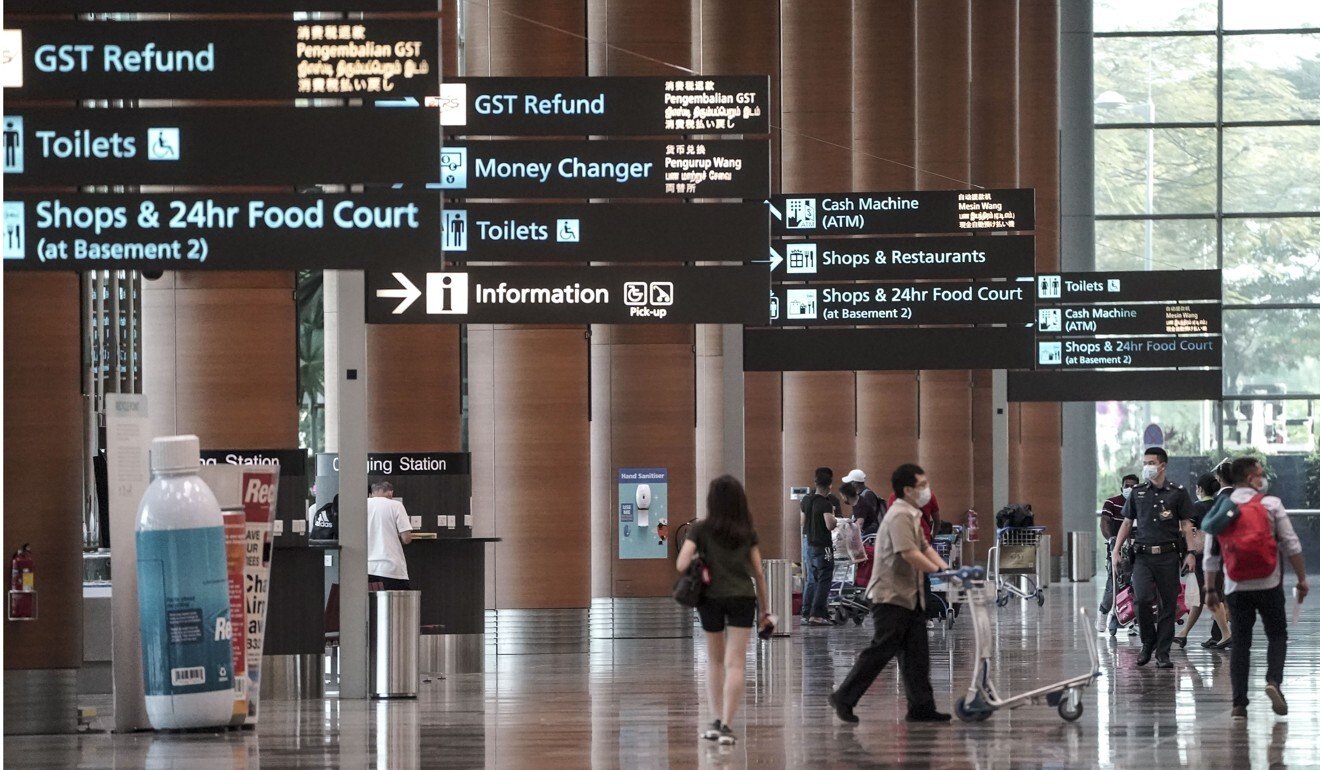
Coronavirus: Singapore and South Korea to launch quarantine-free travel lane from November 15
- New arrangement, which will apply only to people who are fully vaccinated, reflects ‘the trust both countries have in each other’s ability to manage Covid-19’, says Singapore Transport Minister S. Iswaran
- Singapore already operates similar schemes with Germany and Brunei and is hoping to introduce one with the United States before the end of the year

Singapore and South Korea are to launch a quarantine-free travel lane for people who are fully vaccinated from November 15.
The travel lane will be Singapore’s third such arrangement, following the launches last month of similar schemes with Germany and Brunei. It also follows an announcement on Thursday by Minister for Trade and Industry Gan Kim Yong that Singapore was working with the United States to create a quarantine-free travel lane for vaccinated people before the end of the year.
Under the scheme with South Korea, tourists travelling between Singapore’s Changi Airport and Incheon International Airport will need to take a Polymerase Chain Reaction (PCR) test before departure and upon arrival.
The two countries will also recognise each other’s vaccination certificates so travellers will benefit from more relaxed rules covering people who have received their shots.
In Singapore, people who have received two shots can eat in restaurants while unvaccinated people are limited to eating in open-air hawker centres. In South Korea, groups of six are allowed to gather after 6pm in the Seoul metropolitan area if at least four in the party are fully inoculated. Unvaccinated people can gather only in pairs.

Singapore’s Transport Minister S. Iswaran said both countries had made “excellent progress” in their vaccination campaigns and the travel lane reflected “the trust both countries have in each other’s ability to manage the Covid-19 situation”.
Singapore’s vaccination rate is at 83 per cent; South Korea expects 80 per cent of its adult population to be vaccinated by late October.
Before the pandemic, each had been among the other’s greatest source of tourists. Pre-Covid, according to the Singapore transport ministry, there were 64 weekly passenger services connecting the two countries with 1.6 million passengers a year.
The ministry did not make clear whether children could use the travel lane with South Korea.
However, a frequently asked question on the Singapore Immigrations and Checkpoint Authority website says that “children or persons who are medically unfit to be vaccinated are not allowed to travel under the [vaccinated travel lane]”.

Opening up
Trade-reliant Singapore has been working on reopening its borders since switching from a “zero Covid” approach to treating the disease as endemic. Prime Minister Lee Hsien Loong said in May that Singapore had to learn to live with the virus.
Travellers allowed to enter the city state without quarantining include those from Hong Kong, Macau, mainland China and Taiwan. These travellers require just one PCR test on arrival and must self-isolate until they receive a negative result.
Last week, Singapore reduced the maximum quarantine period for incoming travellers from countries including the US, Britain and Switzerland, from two weeks to 10 days, citing the shorter incubation period of the Delta variant.
Walter Cho, the chairman and CEO of Korean Air, said on the sidelines of a global airline conference in Boston this week that he was encouraged by indications from the government in Seoul that South Korea would start to loosen restrictions on cross-border travel. However, he said reopening should not be “piecemeal” and should include more Asian countries.
“It has to be many countries in Asia that are doing the same thing at the same time in agreement, and trust each other country to do that,” Cho said.
Additional reporting by Danny Lee